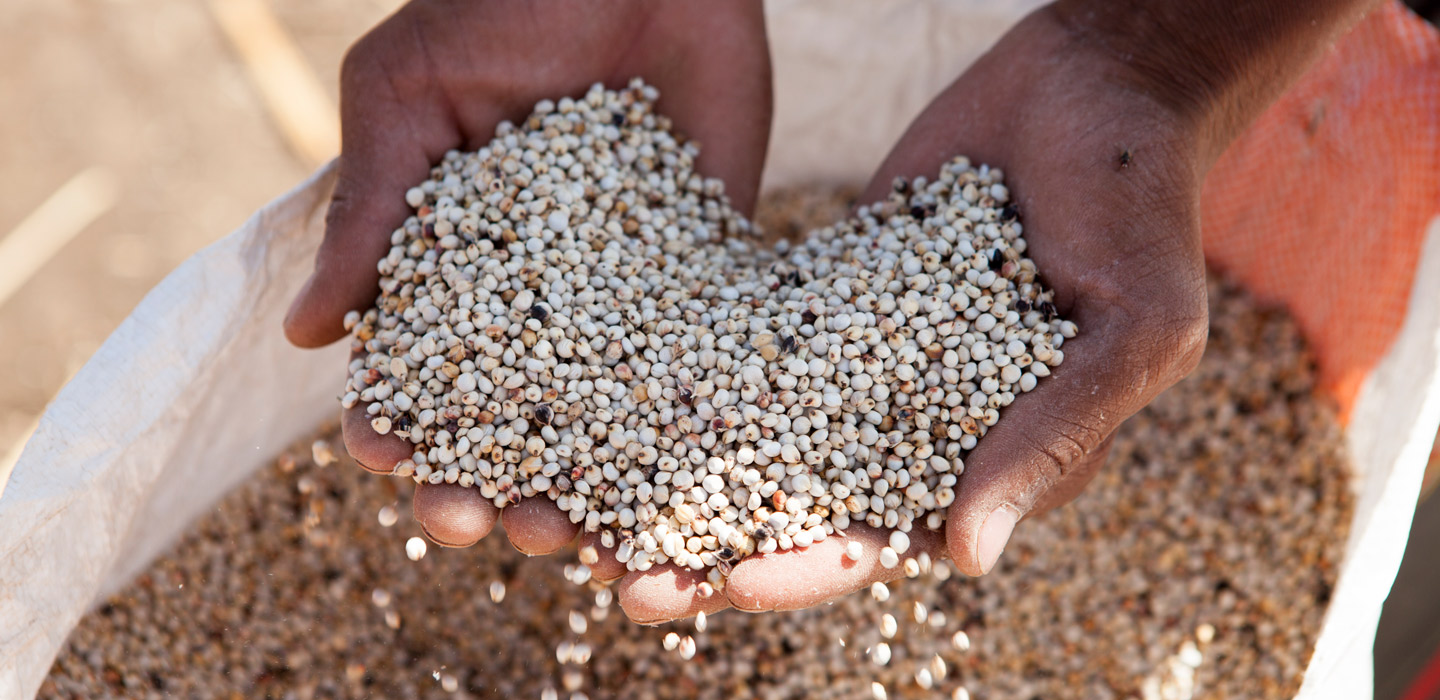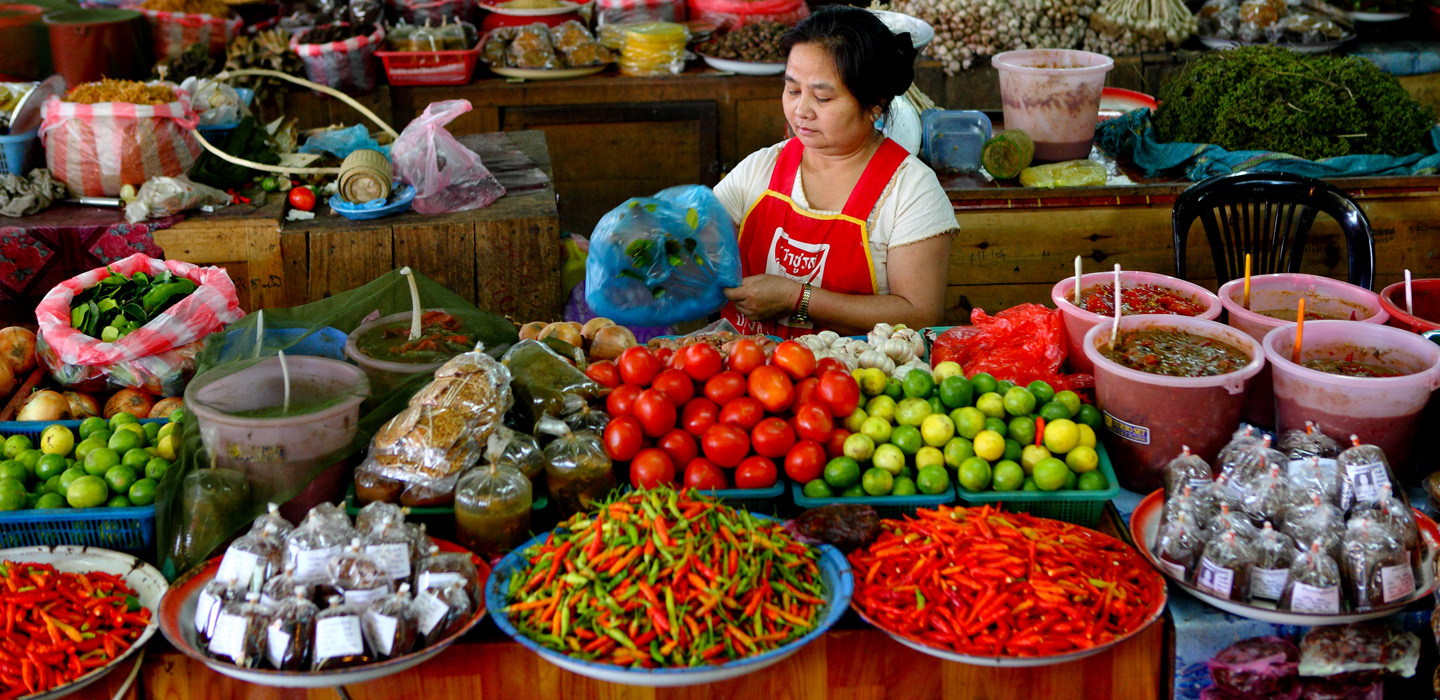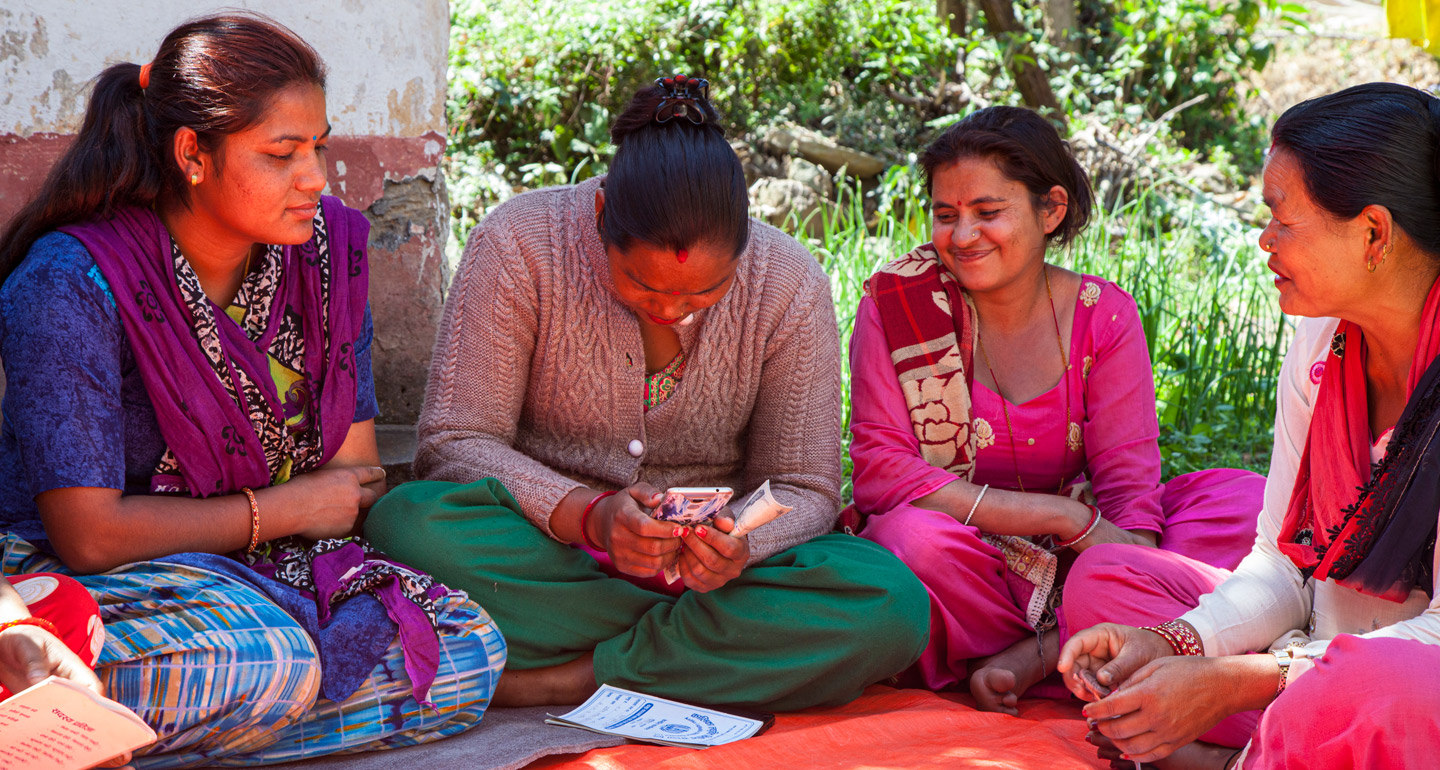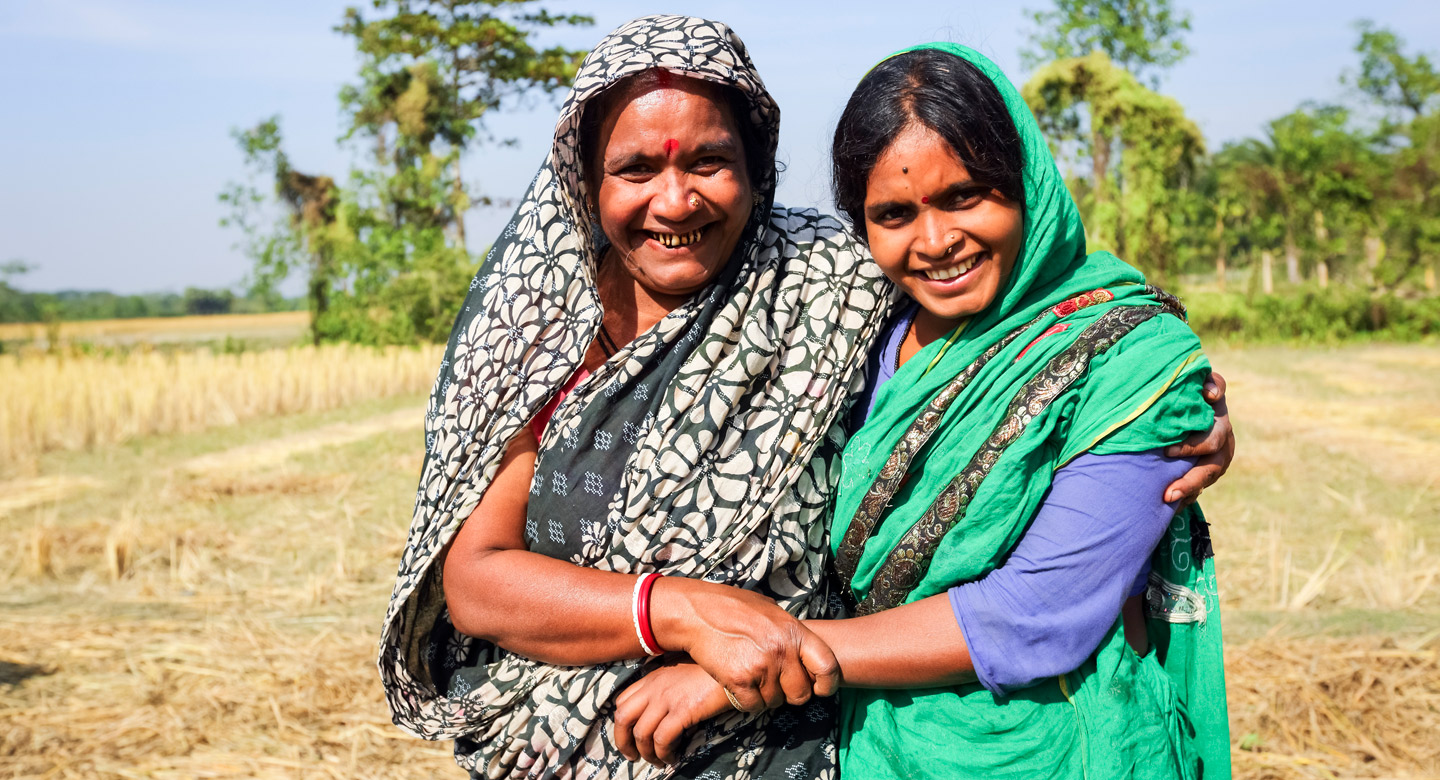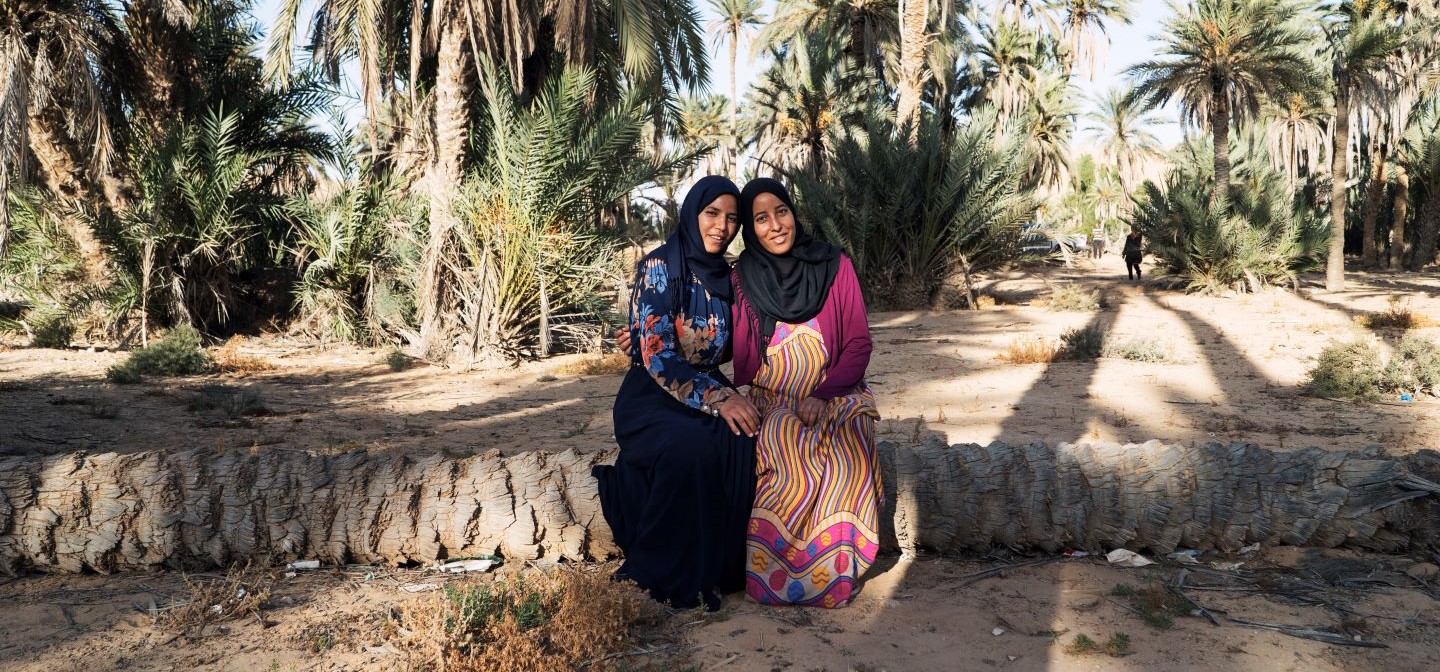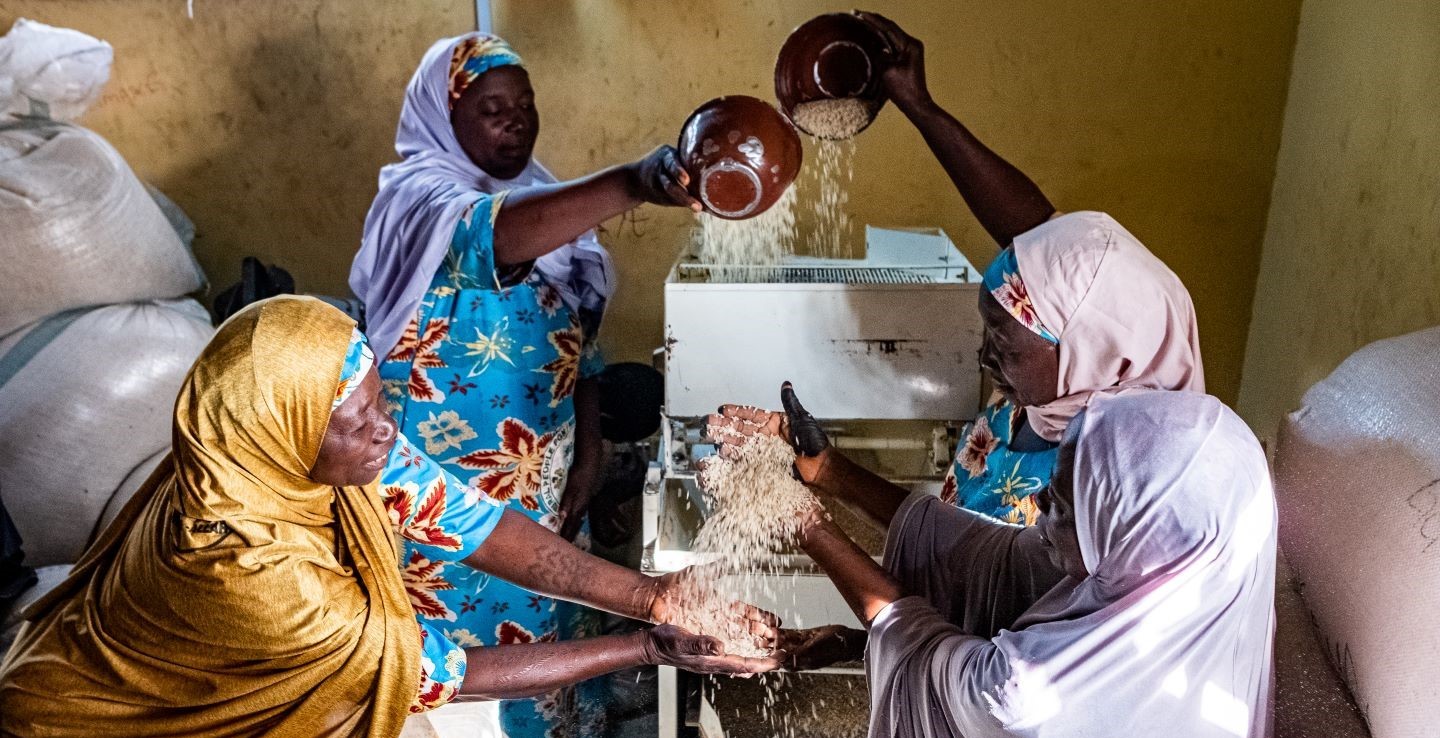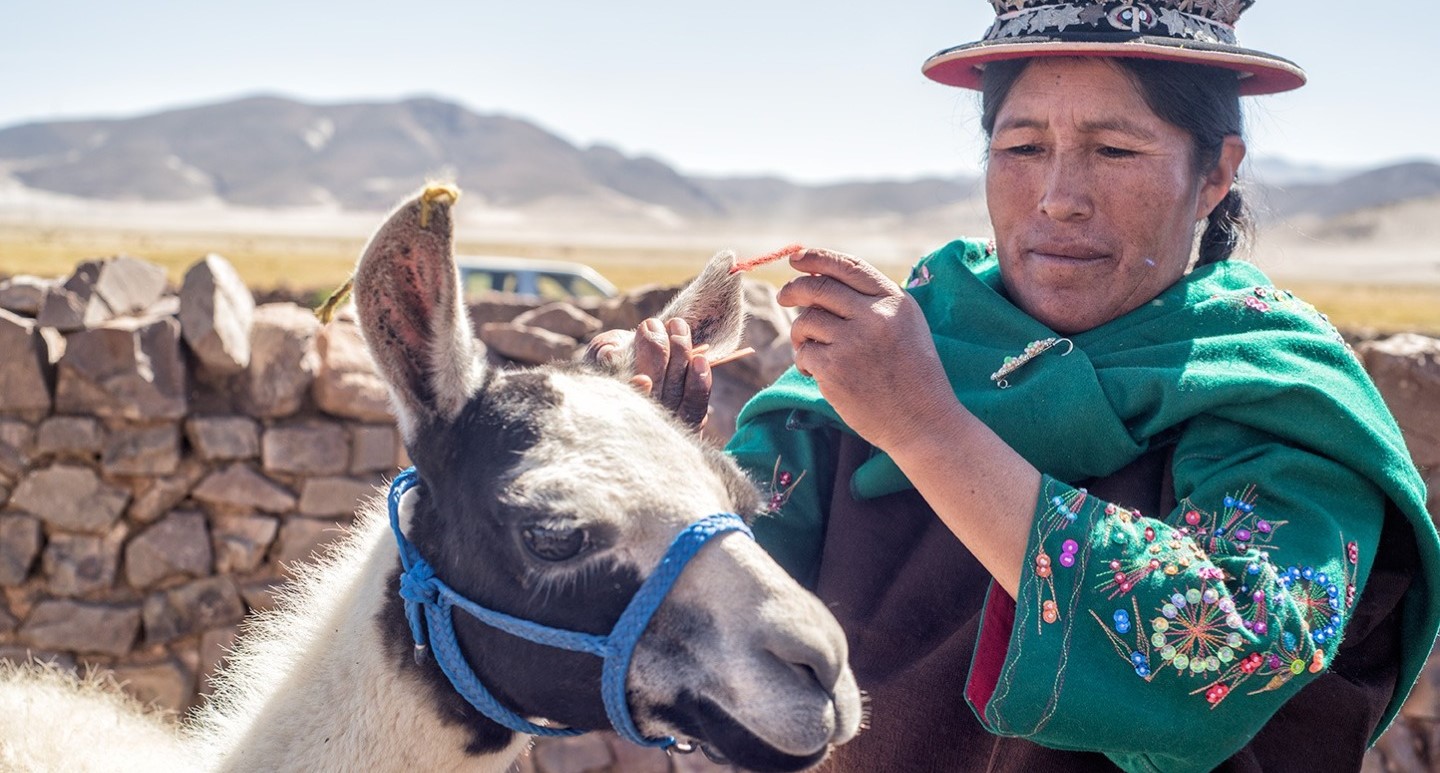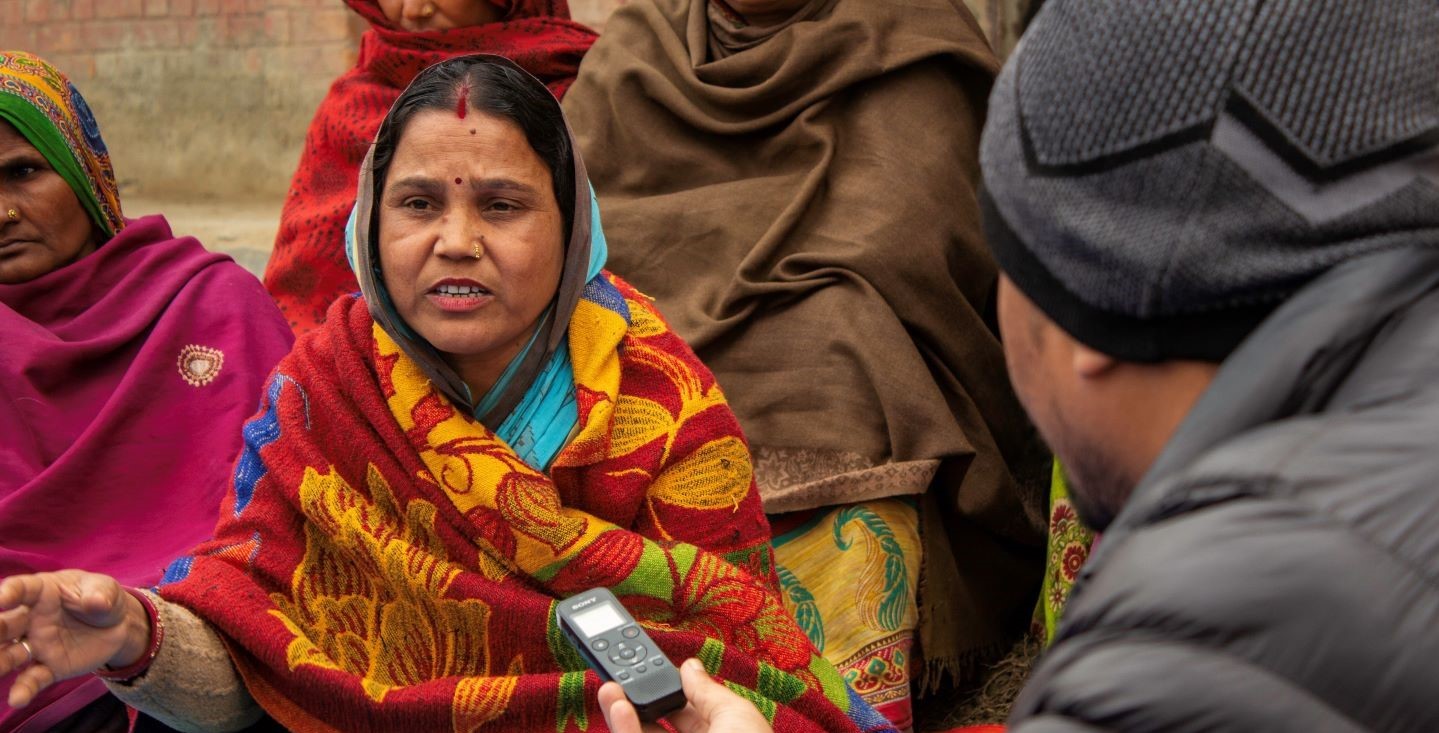Latest
Latest

Latest
Manual Submenu Topics
Search Results Filters
Search Results
Women are protagonists of change in Nicaragua’s rural areas
One after another, women who received support from the NICAVIDA project, repeat like a mantra: “I’m a protagonist”.
Ahead of global climate talks, public development banks join forces to boost investments in sustainable food systems
Responding to an urgent call to increase financing for the world’s poorest farmers who are hardest hit by climate change, a group of Public Development Banks (PDBs) stepped up their commitment to accelerate green investments in agriculture during today’s Finance in Common Summit.
Finance as a driver of food systems transformation: A new role for Public Development Banks?
One major obstacle to realizing sustainable and inclusive food systems is a lack of sufficient and appropriate financing. Recent estimates suggest that transforming food systems to deliver healthy people, a healthy planet, and a healthy economy will require an extra US$300 – US$350 billion per year for the next decade.
Leading from the front - How rural women across South Asia are inspiring their communities
From the fields they sow to the harvest they reap and the cattle they raise – women are the backbone of farming in South Asia. Yet, their contributions often remain invisible, and they are denied access to resources and a voice in decisions.
Invest in gender equality to reduce climate change impacts on world’s poorest, says IFAD President on the International Day of Rural Women
We need a significant boost in investments to close the gender gap otherwise rural communities will never bounce back from the impacts of climate change, warned Gilbert F. Houngbo, the President of IFAD, on the International Day of Rural Women.
Changing lives by transforming gender norms
Women are major contributors to the rural communities where IFAD works but they continue to face barriers that inhibit their – and their families’ – livelihoods. Compared with men, women have less access to resources and services – including land, finance, training, inputs and equipment. In addition to their agricultural work, they are overburdened with domestic chores and caring tasks.
To achieve the SDGs we must first transform how we feed the world
This year we commemorate, for the second time, World Food Day held under pandemic conditions. The theme is Our Actions Are Our Future. It’s time to ask what actions we must take to build that better future, in which food is produced sustainably and efficiently, providing good nutrition to all, while protecting the environment.
The woman who walks with llamas
Thousands of Bolivian families, particularly in the Altiplano, the high-plateau region of the Andes where Chaquilla is located, depend on breeding camelids for their livelihoods.
Celebrating rural women's voices - Rural women speaking out for change through community radio in Nepal
On the International Day of Rural Women (IDRW), 15 October, we celebrate rural women and girls worldwide and recognize the crucial role they play in contributing to sustainable food systems and rural development.
